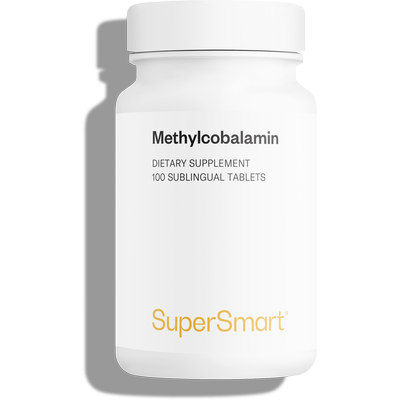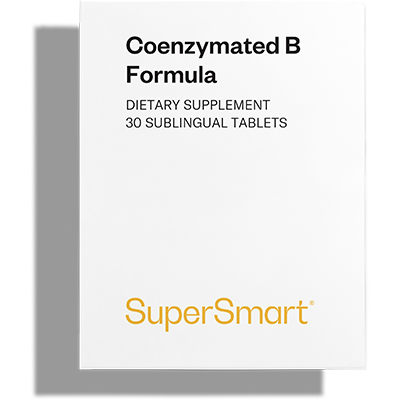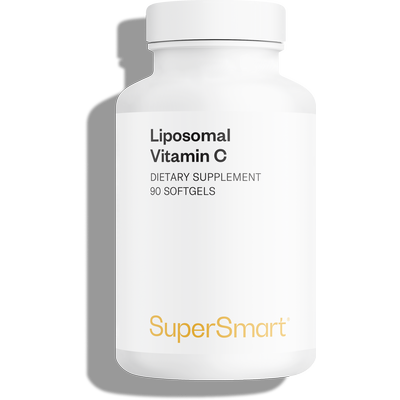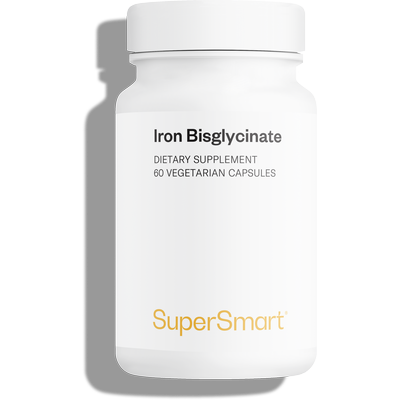08-11-2017
Becoming a vegetarian or vegan: how does it affect nutritional requirements?
 What better time to adopt a more environmentally-friendly diet than November – World Vegan Month. Characterised by the rejection of animal source foods, veganism is very much on the rise. But aside from ideological and ethical aspects, how does switching to a vegan diet affect nutritional needs and health? Is it really possible to give up meat without having recourse to dietary supplements?
What better time to adopt a more environmentally-friendly diet than November – World Vegan Month. Characterised by the rejection of animal source foods, veganism is very much on the rise. But aside from ideological and ethical aspects, how does switching to a vegan diet affect nutritional needs and health? Is it really possible to give up meat without having recourse to dietary supplements?
The first point to make is that adopting a vegetarian or vegan diet improves intake of almost all nutrients1. It results in a lower intake of saturated fatty acids, cholesterol and trans fatty acids, and an increased intake of fibre and phytochemicals as a result of higher consumption of fruit, vegetables, pulses and wholegrains. It is therefore no coincidence that vegetarians generally have lower LDL-cholesterol, blood pressure, BMI and mortality rates, as well as a reduced risk of diabetes, hypertension, inflammatory diseases, rheumatoid arthritis and certain forms of cancer: the list of advantages is long2,3.
Yet there is still a nagging worry.
It’s not, as you might think, to do with protein intake, since good quality protein can just as easily be obtained from plant-based foods as animal-source ones. In any case, protein consumption among most Western populations generally exceeds the amounts recommended (1.4g per kg of body weight as opposed to 0.83g/kg). Neither is it do with iron intake. Vegetarians who eat sensibly are no more at risk of being deficient in this important mineral (a situation which can lead to iron deficiency anaemia) than non-vegetarians4. Indeed studies show they actually consume more iron than non-vegetarians! The idea that they are more susceptible to iron deficiency comes from the difference in absorption between haem iron found in meat and fish, and non-haem iron found in plant-based foods. Although haem iron is generally absorbed better (15-35%) than non-haem iron (2-20%), the situation in vivo is more complex: the body actually adapts and in the end, haemoglobin levels in vegetarians seem to be similar to those of non-vegetarians. What’s more, both groups appear to have comparable levels of trace elements and minerals. No, the real problem has to do with vitamin B12. Also known as cobalamine, vitamin B12 is essential for adequate cell function and a healthy nervous system. As it is found only in animal-source products – meat, eggs, milk, fish and seafood – it is inevitable that unless they take supplements, vegans will be deficient. Even vegetarians, who in theory consume milk, cheese and eggs, can be affected particularly pregnant women, children and the elderly5,6.
Such deficiency usually materialises over a long period, after several months or even years of vegetarianism. Severe deficiency manifests in anaemia, and especially in a dramatic deterioration of the nervous system, but before it gets to that point, it may present as fatigue, muscle weakness, mood swings, lack of appetite and weight loss.
Although it’s a very serious issue, inaccurate information still abounds in the press and in on-line discussion groups. The experience of many vegans and vegetarians has shown that seaweed and mushrooms simply do not constitute reliable sources of vitamin B12. Despite the possibility of vitamin B12 being chemically present in such foods, it is either not absorbed by humans (in the case of spirulina) or is not a reliable enough source (chlorella) 7. Supplementation is therefore essential. Indeed, it’s often recommended for all people over 50! Between 10% and 30% of individuals are thought to potentially have problems absorbing vitamin B12 due to poor gastric acidity8.
How can vegans and vegetarians compensate for this lack of B12?
According to data from scientific research and practical experience, the only reliable sources of vitamin B12 suitable for vegans are fortified foods (including certain plant-based milks, soy products and breakfast cereals) and B12 supplements. There are thus three possible options for preventing deficiency:
-
• Eat enough fortified foods to provide at least 3 micrograms (μg or mcg) of vitamin B12 a day.
• Take a daily 10 μg supplement.
• Take a single, weekly dose of 2 mg (ie 2 tablets of Methylcobalamine). This is probably the most practical choice and is the one recommended by the Vegan Society, a charitable organisation that coined the term ‘vegan’ and is considered to be the authority on the subject.
To summarise then, vegetarian and vegan diets are good for your health, as long as you supplement with vitamin B12 to compensate for its absence in such diets. An unbalanced diet, vegetarian or otherwise, will inevitably result in various deficiencies which can be corrected by taking more complete formulations such as the famous multivitamin supplement Daily 2.
> Sources :
1-Li D. Chemistry behind vegetarianism. J. Agric. Food Chem. 2011;59:777–784. doi: 10.1021/jf103846u.
2- Craig W.J. Nutrition concerns and health effects of vegetarian diets. Nutr. Clin. Pract. 2010;25:613–620. doi: 10.1177/0884533610385707.
3- Key TJ, Appleby PN, Rosell MS. Health effects of vegetarian and vegan diets. Proc Nutr Soc. 2006 Feb;65(1):35-41.
4- Millet P., Guilland J.C., Fuchs F., Klepping J. Nutrient intake and vitamin status of healthy French vegetarians and nonvegetarians. Am. J. Clin. Nutr. 1989;50:718–727.
5-Pawlak R., Parrott S.J., Raj S., Cullum-Dugan D., Lucus D. How prevalent is vitamin B12 deficiency among vegetarians? Nutr. Rev. 2013;71:110–117. doi: 10.1111/nure.12001.
6- Fumio Watanabe, Yukinori Yabuta & al. Vitamin B12-Containing Plant Food Sources for Vegetarians, Nutrients. 2014 May; 6(5): 1861–1873.
7- Den Elzen, W. P., van der Weele, G. M., Gussekloo, J., Westendorp, R. G., and Assendelft, W. J. Subnormal vitamin B12 concentrations and anaemia in older people: a systematic review. BMC.Geriatr. 2010;10:42.
8- Kelly G. The co-enzyme forms of vitamin B12: Toward an understanding of their therapeutic potential. Alt Med Rev. 1997;2(6):459-471.
Order the nutrients mentioned in this article

The most active form of vitamin B12, used primarily to regenerate neurons.
www.supersmart.com
Complete range of B vitamins directly usable by the body. New formulation with even greater bioavailability
www.supersmart.comFurther reading
14-03-2017
Allergies affect between 30% and 40% of the world’s population. They have multiple causes and take various forms such as food allergies, allergic rhinitis, asthma,...
Read more02-05-2017
On this, World Asthma Day, the World Health Organisation (WHO) reminds us that 235 million people across the globe are affected by this chronic disease...
Read more29-03-2012
Sneezing, watery eyes, scratchy throat, runny nose – spring must be here! The good news is that long-lasting relief from the classic symptoms of seasonal...
Read more© 1997-2025 Fondation pour le Libre Choix
All rights reserved
All rights reserved
Free
Thank you for visiting our site. Before you go
REGISTER WITHClub SuperSmart
And take advantage
of exclusive benefits:
of exclusive benefits:
- Free: our weekly science-based newsletter "Nutranews"
- Special offers for club members only



















